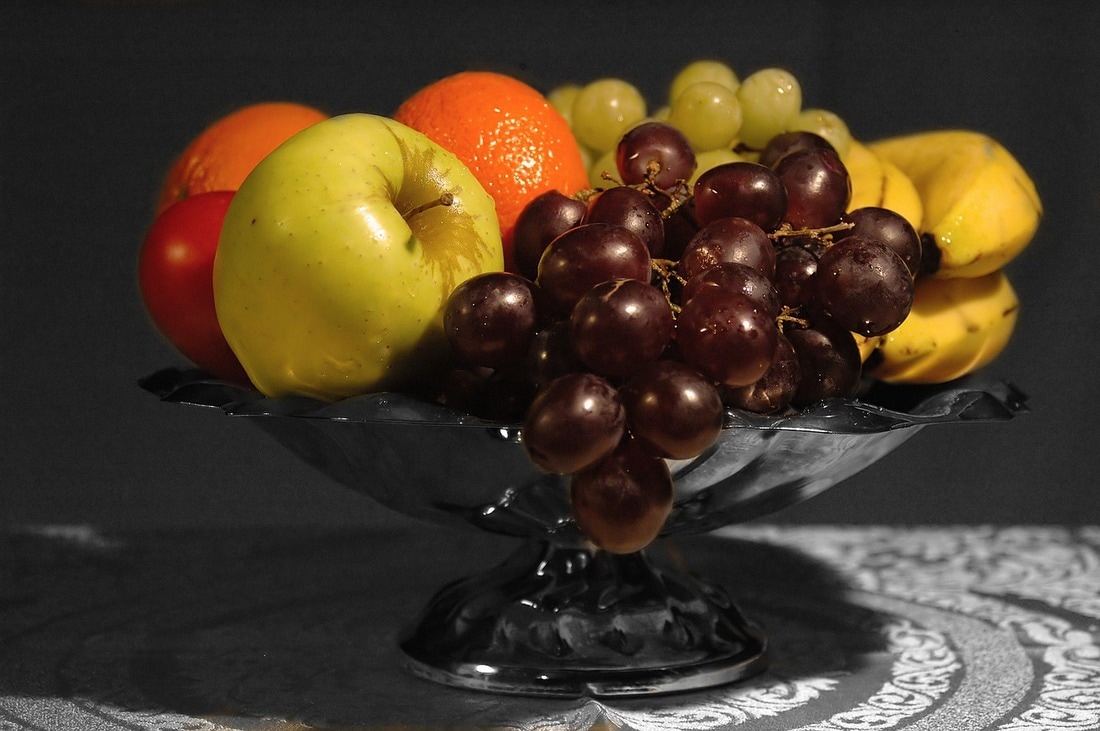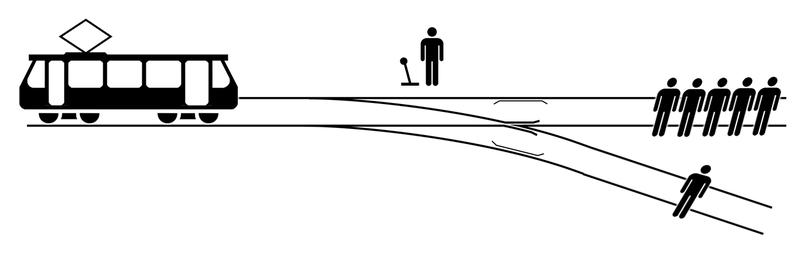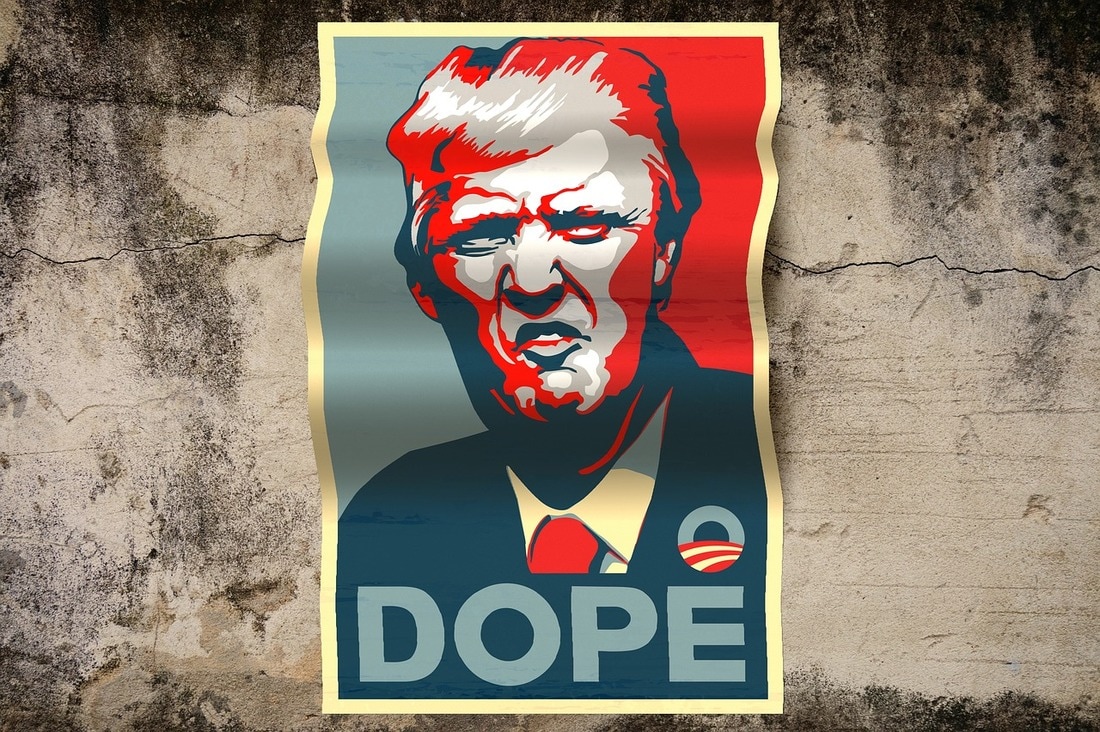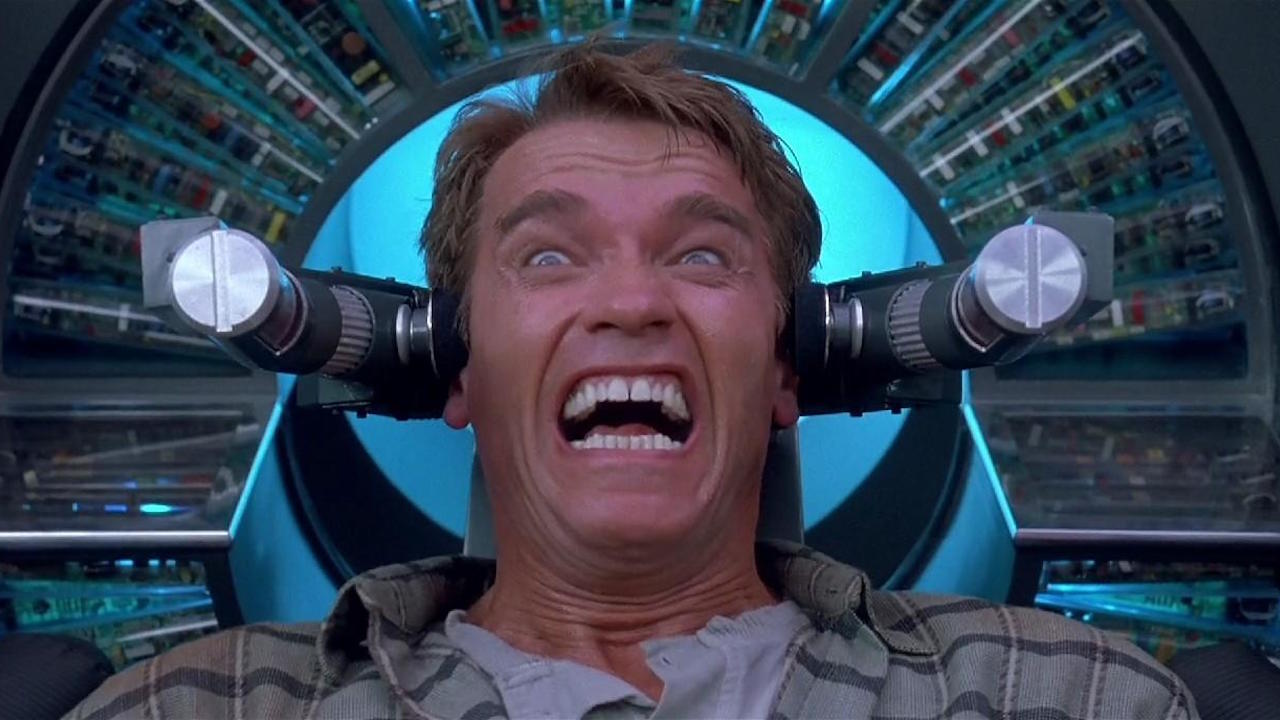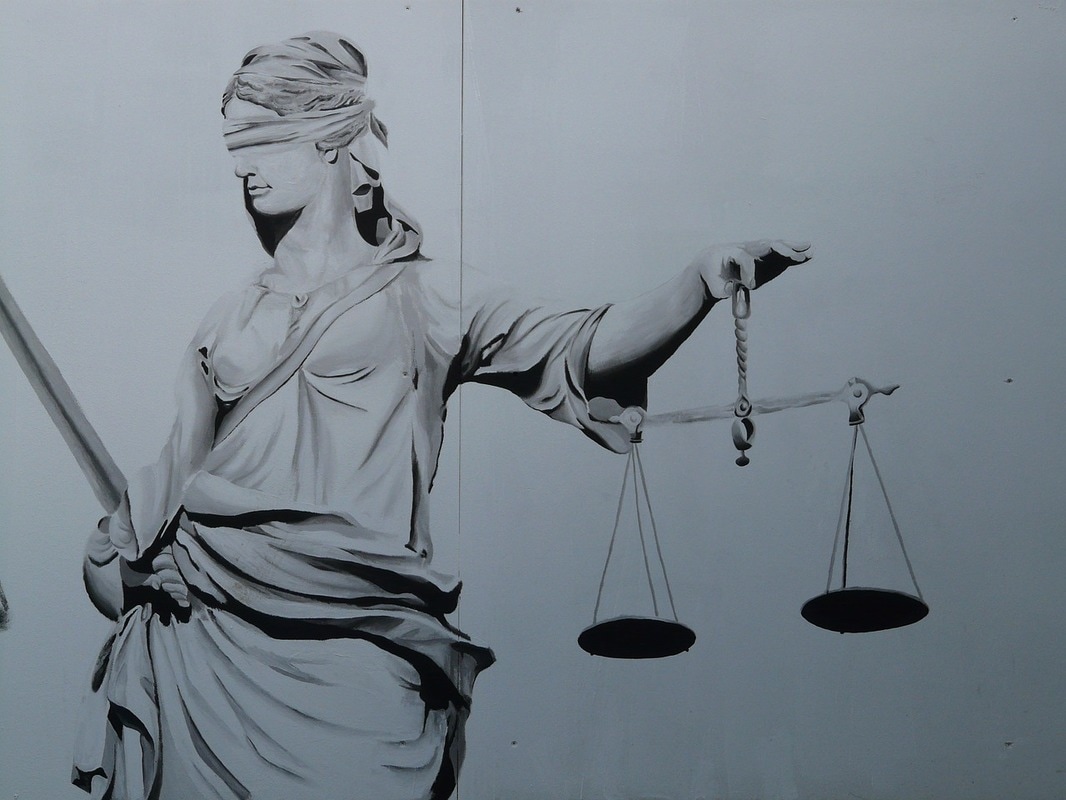"A Treatise Concerning the Principles of Human Knowledge" is a 1710 work by Anglo-Irish Empiricist philosopher George Berkeley. This book largely seeks to refute the claims made by Berkeley's contemporary John Locke about the nature of human perception. Whilst, like all the Empiricist philosophers, both Locke and Berkeley agreed that we are having experiences, regardless of whether material objects exist, Berkeley sought to prove that the outside world (the world which causes the ideas one has within one's mind) is also composed solely of ideas. Berkeley did this by suggesting that "Ideas can only resemble Ideas" - the mental ideas that we possess can only resemble other ideas (not material objects) and thus the external world consists not of physical form, but rather of ideas. This world is (or, at least, was) given logic and regularity by some other force, which Berkeley concludes is God.
Uh oh. This probably isn't going to end well. But here's the thought experiment.
--------------------------------------------------
George Bishop stared intently at the bowl of oranges before him and then thought it into thin air.
He started by making an obvious distinction between the features of the oranges that are mere appearances and those properties that they really have. The colour, for example, is a mere appearance: we know that the colourblind, or animals with different physiologies, see something very different from the normal human experience of "orange". The tastes and smell are also mere appearances, as these too vary according to who or what is perceiving the fruit, while the fruit itself remains the same.
But as he started stripping away the "mere appearances" from the fruits, he found himself left with vanishingly little. Could he even talk about the actual size and shape of the fruits, when these features seem to depend on how his senses of sight and touch perceive them? To truly imagine the fruit in itself, independent of the mere appearances of sense perception, he was left with the vague idea of something, he knew not what. So what is the real fruit: this gossamer "something" or the collection of mere appearances after all?
Source: The Principles of Human Knowledge by George Berkeley, 1710
Baggini, J., The Pig That Wants to Be Eaten, 2005, p. 268.
---------------------------------------------------
I've always found it odd that Bishop Berkeley gets lumped in with the great British empiricists along with Bacon, Hobbes, Locke, and Hume (numbers 4, 11, 13, and 2 on my ranking of the survival of the fittest philosophers). They all did so much to advance the scientific method and our efforts to understand the world using only what we naturally perceive, as opposed to what some say was supernaturally revealed. But there's an impossible barrier to break through at the core of such a physicalist worldview and Berkeley did well to point it out. The barrier to knowledge requires a fundamental assumption to be made, and while I make one (that an objective universe exists independently of us), Berkeley made quite another (that we only know ideas so the universe must be made of ideas). His solution sounds like nonsense to the common folk view of the world, but let's hear Berkeley's argument in full to give him a fair hearing.
To do so, you could read the full original book—it's only 55 pages—but as you might expect from a religious apologist, it's full of a lot of motivated reasoning like this:
We should believe that God has been more generous with men than to give them a strong desire for knowledge that he has placed out of their reach. That wouldn’t square with the kindly ways in which Providence, having given creatures various desires, usually supplies them the means—if used properly—to satisfy them. I’m inclined to think that most if not all of the difficulties that have in the past puzzled and deceived philosophers and blocked the way to knowledge are entirely of our own making. We have first raised a dust, and then we complain that we can’t see. (Intro, section 3.)
Modern readers with access to the cruel details of evolutionary history find this portrayal of "Providence" laughable, but there are other portions of The Principles of Human Knowledge that are irritatingly impossible to refute. As noted in the wikipedia entry on the book, Berkeley said:
"But, though it were possible that solid, figured, moveable substances may exist without the mind, corresponding to the ideas we have of bodies, yet how is it possible for us to know this?" Knowledge through our senses only gives us knowledge of our senses, not of any unperceived things. Knowledge through reason does not guarantee that there are, necessarily, unperceived objects. In dreams and frenzies, we have ideas that do not correspond to external objects. "…[T]he supposition of external bodies is not necessary for the producing our ideas…." Materialists do not know how bodies affect spirit. We can't suppose that there is matter because we don't know how ideas occur in our minds. "In short, if there were external bodies, it is impossible we should ever come to know it…." Suppose that there were an intelligence that was not affected by external bodies. If that intelligence had orderly and vivid sensations and ideas, what reason would it have to believe that bodies external to the mind were exciting those sensations and ideas? None."
This is really the root of Berkeley's objection to naive empiricism and it's a thorny one. Like the other empiricists, Berkeley grants us that "knowledge comes only or primarily from sensory experience." But then what do we really know? Baggini frames the issue well in his discussion of the thought experiment. He wrote:
We understand the difference between the world of appearances and the worlds as it is, but it seems impossible to get behind appearances and see this "real" world. ... This leaves us with a dilemma. Do we remain committed to the idea of a world beyond appearances, and accept that we have no idea what this world is, and can't even imagine how we might come to know it? Or do we give up on this idea and accept that the only world we can live in and know is the world of appearances after all?
Of course, Berkeley solved this by invoking God. That's an issue that I already covered in my response to thought Experiment 81: Sense and Sensibility, which was about the tree falling in the forest and no one being there to hear it. In that thought experiment (which was also based on Berkeley's book), I dismissed Berkeley's God because that's a notion that is just like Bertrand Russell's teapot orbiting the sun, or the flying spaghetti monster—it's another unknowable nonsense that does nothing to clear up our dilemma. Where does the real thing called God come from? How can we know such a God if we only know our sense experience? And on and on the problem goes.
So how do we answer it?
David Hume came along and basically ended the British empiricist movement by "keeping with the view that all knowledge derives from sense experience, but he accepted that this has implications not normally acceptable to philosophers. ... Hume concluded that such things as belief in an external world and belief in the existence of the self were not rationally justifiable. According to Hume these beliefs were to be accepted nonetheless because of their profound basis in instinct and custom. Hume's lasting legacy, however, was the doubt that his skeptical arguments cast on the legitimacy of inductive reasoning, allowing many skeptics who followed to cast similar doubt."
Hume's skepticism has proven to be unsolvable, and this eventually opened the doors to postmodernism and the post-truth society we see being argued about today. But I think it's time for a different perspective to take hold. Rather than continuing to fight for TRUTH, or giving up on facts altogether, I wrote extensively about a redefinition of Knowledge in my response to thought experiment 63. In that post, I noted that:
"[T]here is a distinction to be made between ontology (the nature of being, of what is) and epistemology (what we know, what we can know). My first tenet claims that--ontologically--the universe is real. This means there is one objective reality that does not spontaneously mutate in any supernatural ways. Unfortunately, my second tenet states that--epistemologically—all of our knowledge can only ever be subjective, for reasons I've explored in other thought experiments. So, my first claim, that there is one objective reality, can really only be known provisionally. It must be an assumption. I would even go so far as to call it: the first assumption.
[Since we have no access to TRUTH,] knowledge can only ever be: justified, beliefs, that are surviving. In this, my JBS Theory of Knowledge, propositions are either surviving or they have gone extinct after having passed or failed a number of rational selections. Just as billions and billions of iterations of natural selection have shaped all of life, billions and billions of iterations of rational selection have honed knowledge. The more successful passes through rational selection that have been made (e.g. over greater numbers of years, numbers of people, numbers of experiments, and diversity for all of these), the more robust that knowledge can become. However, no knowledge is ever safe from the threat of extinction. This is equivalent to the robustness of life surviving through numerous environmental conditions, but always needing to adapt if conditions change.
Finally, this brings us back to tenet #1, our first assumption. Through the eons of the entire age of life, and over all the instances of individual organisms acting within the universe, the ability of life to predict its environment and continue to survive in it has required that ontologically the universe must be singular, objective, and knowable. If it were otherwise, life could not make sense of things and survive here. As we now see, we may never know if that is TRUE, but so far that knowledge has survived. The objective existence of the universe may indeed be an assumption, but as a starting point, it now seems to be the strongest knowledge we have."
So this is how I answer the dilemma Baggini is raising here. Berkeley thought the world (and all the fruit in it) was only an idea since ideas are all we can really know. Hume's acceptance of our inability to know led him to throw his hands in the air and just go on living anyway according to "instinct and custom." This wasn't acceptable to other philosophers, but perhaps my assumption that we live in a knowable universe of independent physical objects—an assumption supported by the survival of life in that universe, but willing to be changed if new information comes along—is the kind of humble claim about knowledge that is acceptable. To answer Baggini directly, the only world we can live in and know is the world of appearances. Is that an okay way for you to make your way through this world? If not, why not?

